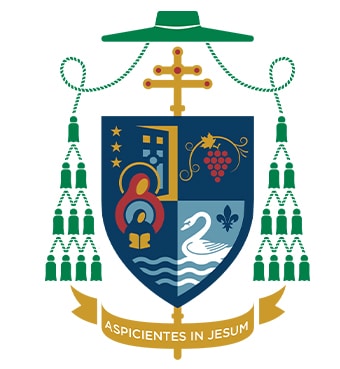Justice for Jahi

In California, Jahi McMath is legally dead. In New Jersey, she is legally alive. Now, the deceased—or profoundly disabled—teenager is the subject of litigation that could make history.
A quick rundown: In 2013, the then thirteen-year-old girl suffered a cardiac arrest after undergoing throat surgery. Jahi’s brain was deprived of oxygen, and her doctors at the highly respected Children’s Hospital Oakland declared brain death and pushed to have all life-sustaining medical treatment terminated. Jahi’s mother, Latasha “Nailah” Winkfield, would have none of it. She sued to keep her daughter’s life support maintained.
In court, doctors testified that Jahi’s total brain failure was irreversible, and that even if her body were medically sustained, it would soon deteriorate. After an independent physician from Stanford University confirmed that diagnosis, Superior Court Judge Evelio Grillo declared Jahi legally deceased and authorized California to issue a death certificate. But a settlement allowed Nailah to take possession of Jahi, still attached to medical machinery. Jahi received further treatment in a New Jersey hospital and was then released to her mother’s care.
At the time of the tragedy, I believed—and wrote here—that Jahi was, indeed, dead. But I now have strong doubts. It’s nearly four years later, and Jahi’s body still has not broken down. Her skin remains smooth. There are no foul odors in her room as would be expected when a brain-dead person’s body deteriorates. She has experienced no visible bodily decline. I know. I saw for myself when Bobby Schindler (Terri Schiavo’s brother) and I visited Jahi and Nailah a few weeks ago.
Read more at First Things.








